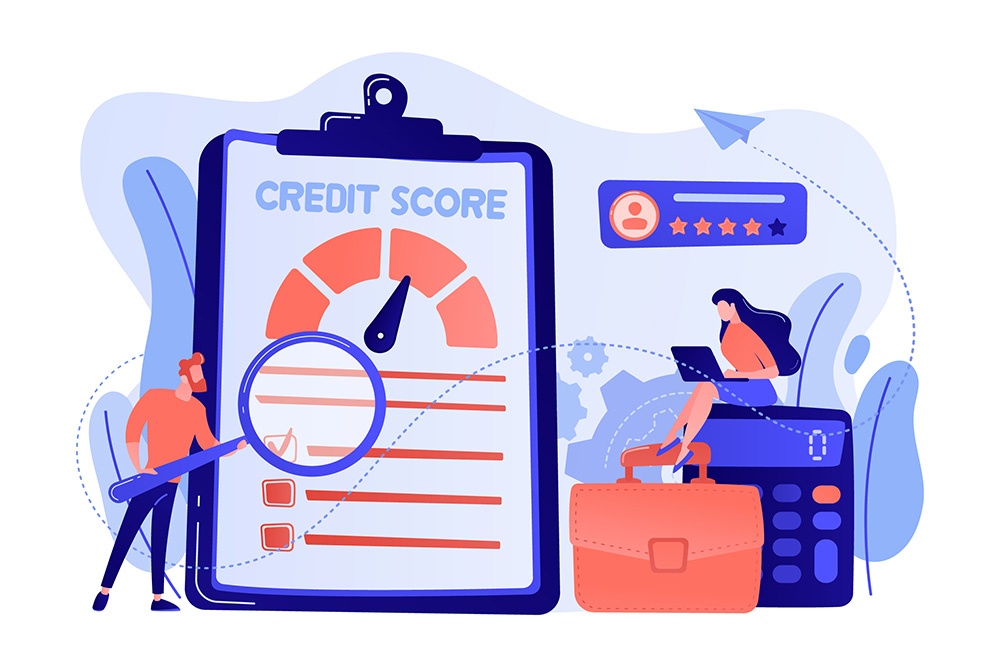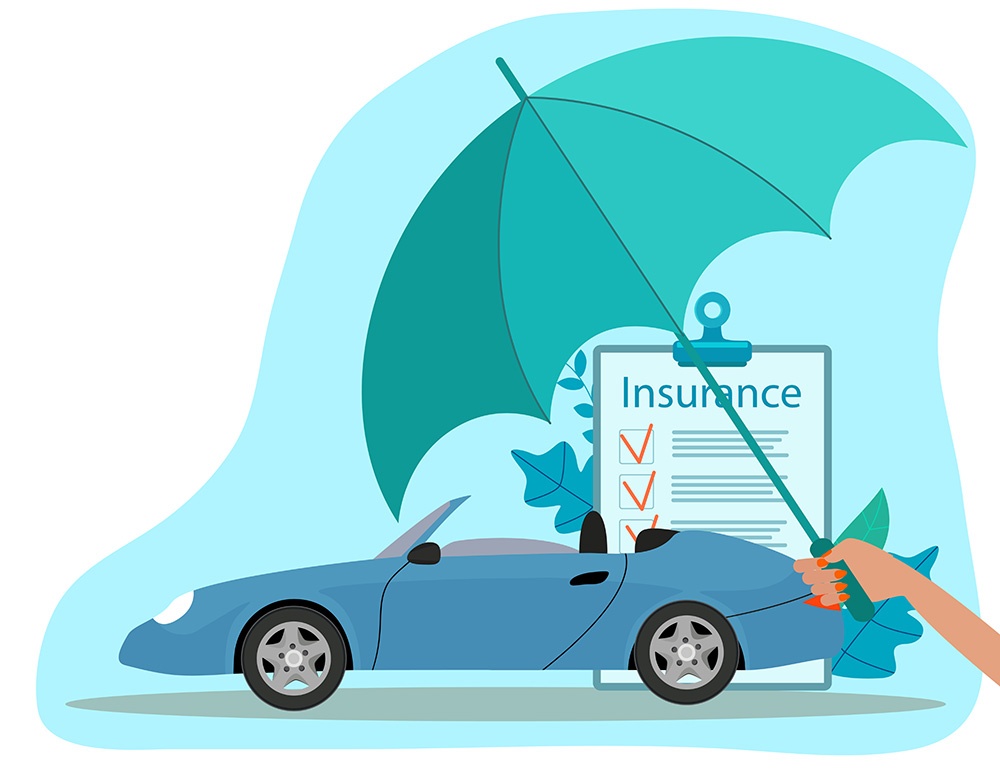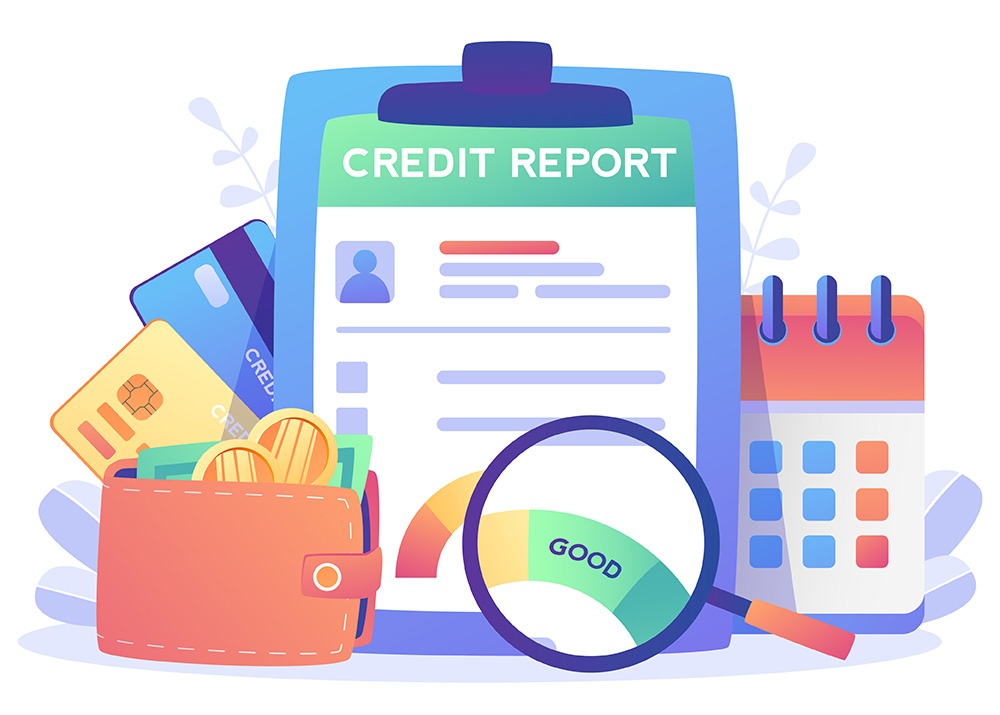
Credit Score Affect Car Insurance
As you may imagine, there are a number of factors that may affect your auto insurance rate. From driving history to main vehicle usage, companies evaluate many things before providing people their insurance rate. But, does credit score affect car insurance?
In this blog, we’ll go over which are the primary points car insurance companies assess before establishing a premium. That way, you can get an idea of how much your insurance rate will be.
Also, we’ll tell you what things to check in your credit report and how to enhance your credit score. So, keep on reading to learn more!
What Are the Main Factors Car Insurance Companies Consider?

Auto insurance is a must if you’re a car owner. No matter if it’s a personal vehicle or a commercial one, it can grant you protect protection against all sorts of threats. That’s why it’s vital for you to keep a notion of the key factors that affect insurance premiums.
So, which are the main things insurance companies take into account for their insurance rates?
- Driving experience and history
- Location and ZIP code
- Type of vehicle
- Usage
- Credit history
Driving Experience and History
First, among the top things that affect car insurance, we have driving experience and history.
Driving experience takes a big role when evaluating insurance fees. The reason for this is because inexperienced drivers are often at more risk compared to expert drivers. In other words, if you haven’t been behind the wheel for a while, then you’ll likely get higher rates.
Additionally, age can affect rates as well. For instance, teenagers are part of the inexperienced-at-driving segment, often resulting in higher premiums. On the other hand, people in their 40s and 50s get lower rates due to their more conservative and mature approach when driving.
Moreover, some insurance companies can give you discounts if you’re a good driver and you count on a clean driving record!
Location and ZIP Code
Along with driving experience and record, insurance companies also keep in mind your location as well. If you live in an urban area that’s constantly with traffic, then there’s a greater chance of accidents as well. This higher risk can make insurance rates be higher.
Another thing insurance companies can see from your ZIP code is the crime rate and weather in your area. However, bear in mind that location isn’t among the top concerns or requirements for insurance. In fact, they consider other things such as driving record and usage type before your ZIP code.
Type of Vehicle
Moreover, your vehicle’s type and model influence your insurance rate. How so? Each car has a different driving method. If a certain model often has more filed claims or accidents, then the premiums go up.
State insurers often see many factors when it comes to your vehicle type. Such factors include repair cost, accident and theft rate, and purchase price. Also, safety features don’t necessarily guarantee a lower bid in your insurance. However, some companies can offer a discount if these features are superior.
Usage
Also, how you use your car is another thing that insurance companies keep in mind. Whether it’s for commercial or personal use, insurers see usage to know which is the best coverage for you.
For example, if you have a car that’s mainly for business purposes, then you’ll need to pay a higher premium. However, this higher rate often includes much more coverage as opposed to personal insurance.
Credit History
Lastly, among the top things insurers take into account for insurance premiums, we have the credit history. Credit scores tell insurance companies if a person is likely to miss a payment or not. We’ll go over the main factors that revolve around a person’s credit history.
Why Credit Information and Scores Impact Insurance Rates?
So, why does credit score affect car insurance? Insurers and other financial services value insured credit scores to provide a fair rate to their insured. That way, car insurance companies can predict better any risks. Unlike credit scores, insured credit scores foresee insurance losses instead of credit card delinquency.
What Makes a Good Credit Score and a Bad Credit Score?

Now that you know the importance of insured credit scores, you must know how to get a good credit score. Not only that, but you must also know which are the main things that make a bad score.
Moreover, keep in mind that factors such as marital status, ethnicity, age, income, and sex aren’t taken into account when evaluating insured credit scores.
When having credit-based insurance scores, these are the key factors car owners should keep in mind:
- Type of credit
- Payment history
- Credit history length
- Total debt
- Pursuit of new credit lines
Type of Credit
The credit mix, or type of credit, refers to the account types that make up your credit report. It’s often an important factor for FICO scores and insured credit scores.
Among the different types of credit, we have installment and revolving credit. Installment credit is the common option for paying loans such as student and mortgages. You have to make a series of payments with a monthly fixed end date.
On the other hand, revolving credit doesn’t have a fixed end date. However, you must make a minimum payment each month. You might know of this credit type since it’s the one for credit cards.
Lastly, there are two credit card types that insurers take into account: retail and bank cards. Bank cards, just like the name states, come from banks. Retail cards, come from online and brick-and-mortar stores. These retail cards have a higher interest rate compared to bank cards.
Your credit mix makes up for 5% of the insurance score. One thing that can make you have a good score is having open accounts upright. However, if you have many accounts in collection, then it’s usually something that can hurt your auto insurance score.
Payment History
Next, we have payment history, which is the record of payments that’s on your credit report. Payment history is among the top factors in credit scores that affect car insurance. That way, insurance companies get to know if there are any late or missed payments. This can help evaluate the lending risk for individuals.
Payment history makes up for 40% of your insured credit score. Being such an important factor, that’s why it’s vital to make your payments on time to have a good credit score.
Credit History Length
The length of your credit history often begins from the moment of your first loan or credit card to your current credit. By constructing a long credit history, you can improve your credit score. Generally speaking, seven years is a good length for your credit history. This factor often makes up 15% of your insurance score.
Total Debt
Being part of the 30% of your insured credit score, debt is highly valued by your insurance. Your total debt includes your credit utilization, which you calculate by using your credit limit and credit card balance. By having your credit utilization low, you are able to better your credit score.
Pursuit of New Credit Lines
Lastly, if you’re looking for new credit lines, then it’s likely that this action will affect your auto insurance score. This factor makes up roughly 10% of your score. A good rule of thumb is to not open accounts too fast.
So, does credit score affect car insurance? Yes, it does. That’s why you should stay up-to-date with your payments. This way, you’ll get your auto insurance rate at the best price!
